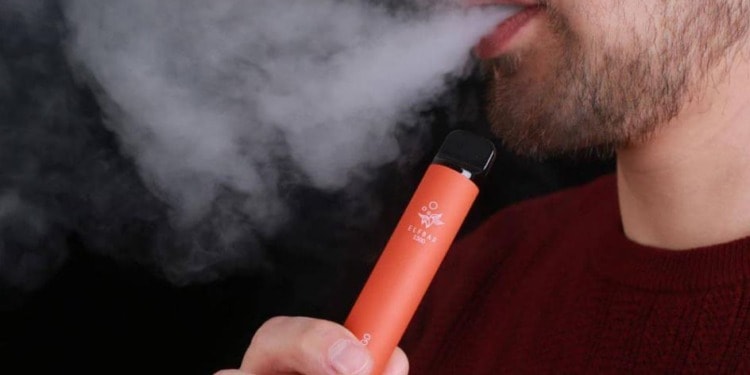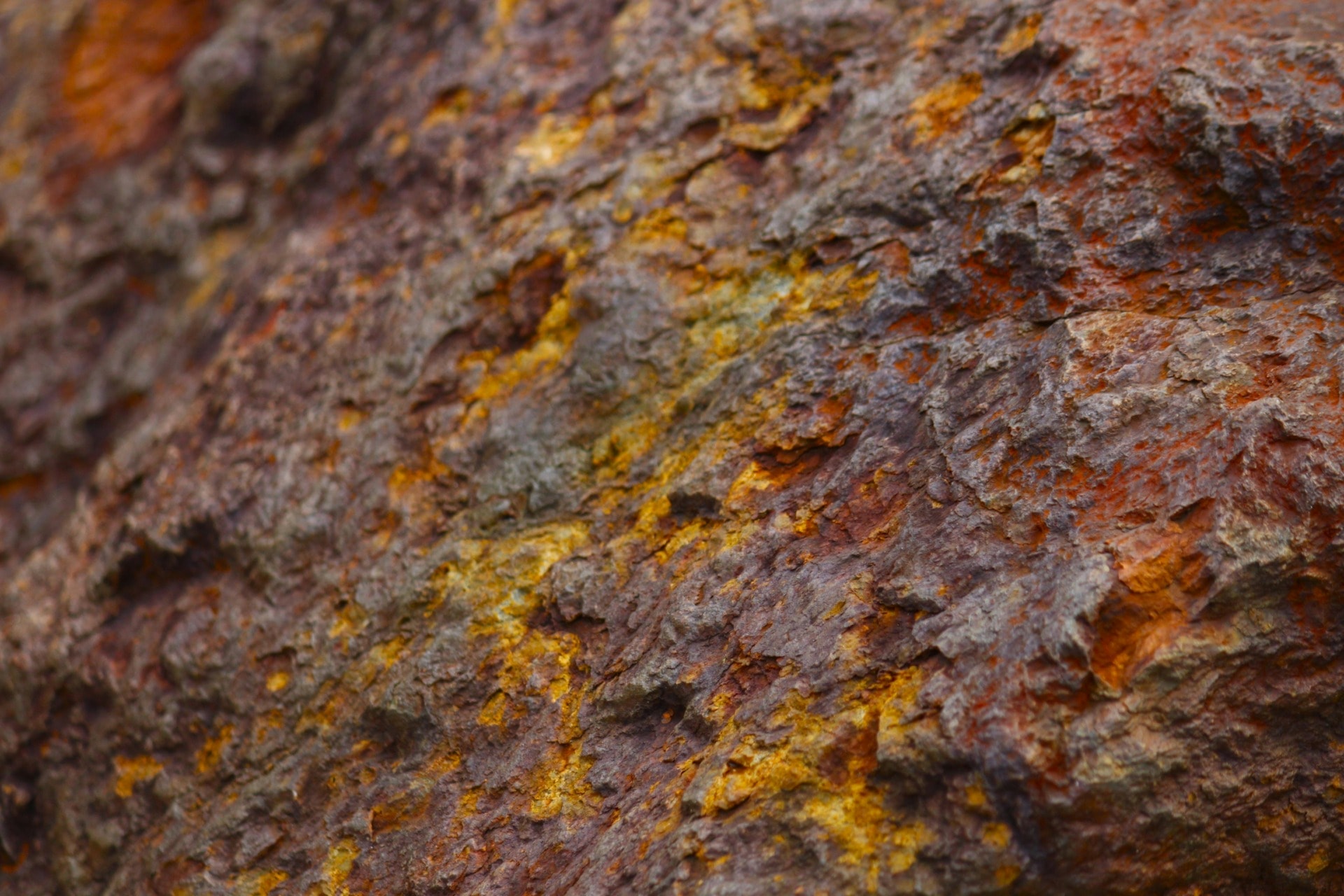Disposable e-cigarettes, or “vapes,” have grown massively in popularity over the last four years, with over 14 million bought every month in the UK according to environmental non-profit, Material Focus.
Scott Butler, Executive Director, Material Focus said: “Vaping is a growing phenomenon in the UK and over 50% of all single-use vapes sold are needlessly being thrown away. This means that every week 1 million vapes are not recycled. We need to take urgent action now and ensure that they get recycled. You can find your nearest recycling point by visiting our recycle your electricals website.”
Whilst any consumption of nicotine is bad for your body and can lead to addiction, vaping is not as bad for your lungs as smoking cigarettes because vapes do not contain tobacco or many other toxic chemicals found in cigarettes. The NHS actually advises smoking addicts to try vaping instead.
Elf Bars, a leading brand of disposable vapes, are fairly simple in their construction: a brightly coloured plastic tube containing a fibre soaked in nicotine salt e-liquid (allowing for a higher concentration of nicotine that’s still easy to smoke), a metal coil, and a lithium battery.
What if I throw my vape in the bin?
The plastic tube will never biodegrade, it will only break down into microplastics, meaning your vape is essentially a single-use plastic. The lithium battery, however, is an even bigger environmental concern.
In the UK, vapes are classed as waste electrical and electronic equipment (WEEE), meaning they have to be disposed of at a household recycling centre or the shop where you bought them.
Lithium batteries have to be recycled in a specific way which many do not bother to do. According to the UN, the world generates 50 million tonnes of e-waste each year. The Bureau of Investigative Journalism finds that lithium batteries from the UK alone account for 10 tonnes per year, just enough lithium for 1,200 electric vehicle batteries.
This figure does not include the lithium batteries found in laptops, mobile phones and other electronic products.
Karen Wirsig, the plastics program manager with Environmental Defence, said to the Canadian Broadcasting Corporation: “People treat it as disposable, so it’s littered or thrown away into the garbage or into recycling, where it can also cause fires because of the lithium batteries.”
Aside from the lithium batteries being fire hazards, incorrect disposal can also potentially leak plastic chemicals and toxic electronic waste into the environment.
But lithium ending up in landfill is actually also a waste of a precious resource that is set to increase in demand fivefold by 2030. It’s both difficult to find and complex to mine and manufacture, requiring a lot of energy and water.
Related articles: Human Aging: What We Can Learn From Animals, Green Bricks: How Green Can LEGO Go?, The Environmental Cost of Crypto, What Are You Willing to Sacrifice For Sustainability?
“We can’t be throwing these materials away. It really is madness in a climate emergency – lithium is one of the things that is going to fuel the green economy,” Mark Miodownik, professor of materials and society at University College London, told the Bureau of Investigative Journalism.
Vaping legislation
Currently, large retailers must take back all small electronic items, including vapes, regardless of whether or not they were bought in their shop. Small retailers, selling less than £100,000 of electrical and electronic equipment (EEE) per year, can use the Distributor Takeback Scheme where they pay a fee to have the e-waste properly disposed of.
The UK Vaping Industry Association (UKVIA), however, claims that the WEEE regulations do not provide enough clarity.
Speaking to the BBC, John Dunne, director general of UKVIA, said that “you have to dig deep into the regulations to find any mention of e-cigarettes which could be down to the fact that when they were introduced at the beginning of 2014, disposable vapes were very much in their infancy.”
In Canada, the vaping industry uses innovative recycling company TerraCycle to dispose of old vapes but this first requires users to either bring them back into a shop or send them to TerraCycle in the post.
In their research, the Bureau of Investigative Journalism couldn’t find any evidence that leading disposable vape brands, Elf Bar and Geek Bar, take any specific steps to promote the proper recycling methods for their products.
Edinburgh is also following councils across Scotland to call for a ban on disposable vapes to stop littering. 🚯
Thanks @LessWasteLaura for pushing this campaign! pic.twitter.com/k3LtMlOzX9
— Edinburgh Greens (@EdinburghGreens) May 4, 2023
Disposable vapes are the target of growing numbers of campaigners calling for a ban to be placed on the product. Whilst the lithium batteries and other chemicals are an obvious environmental threat, the rate at which these products are wasting lithium is deeply troubling.
As Miodownik put it, lithium is “in your laptop, it’s in your mobile phone, it’s in electric cars. This is the material that we are absolutely relying on to shift away from fossil fuels. We need to take care of every bit of lithium.”
Because of the nicotine replacement therapy vapes provide to smoking addicts, banning vapes in their entirety is difficult to do. The Australian government, for example, has banned all single-use disposable vapes except on a prescription basis. The packaging must be plain, looking like a medical prescription, and limits have been placed on the concentrations of nicotine in the vape.
Governments around the world can look to replicate Australia’s model and should certainly update outdated pieces of legislation (or introduce new ones). In the meantime, it’s up to vape companies to encourage recycling among their consumer.
Editor’s Note: The opinions expressed here by the authors are their own, not those of Impakter.com — In the Featured Photo: A man smoking a vape from leading brand Elf Bar. Featured Photo Credit: Wikimedia Commons.









